Commissioned as part of Opera Theatre of St. Louis' New Works, Bold Voices cycle, 27, the celebrated 2014 opera from American composer Ricky Ian Gordon and librettist Royce Vavrek, examines the life of the self-declared "genius" and "Mother of Modernism," Gertrude Stein. Clocking in at a little over 90 minutes, the five act opera delves into her relationship with life-partner and assistant Alice B. Toklas, and briefly explores the controversy surrounding the American expatriate's connection to members of the Nazi-sympathetic Vichy government. Through cleverly minimal design and an intimate cast of five, Gordon and Vavrek recreated the legendary Saturday night Stein salons at 27 rue de Fleurus in Paris. With the recent release of the world premiere recording on Albany Records, opera enthusiasts and fans of Gordon's challenging, yet lush and melodic compositional style (the sound of opera and musical theater colliding), have now been given an opportunity to hear what enamored the critics.
Jewish and a lesbian, Stein was admired, exalted, and then reviled for being a relentless Vichy "propagandist" and for befriending gay, fascist, anti-Semite Bernard Fay. There's no way around it, the woman was a walking paradox. Both naive and arrogant, Stein was a character larger than life, and as such, seems like an ideal subject for an opera. Having seen Met Opera superstar mezzo Stephanie Blythe many times on the stage, the decision to cast her as Stein seems like the logical choice. Devouring every moment of 27 with that magnificent voice and commanding presence, Blythe's nuanced performance utilizes the full extent of her versatile instrument that shines through on the recording. When she sings: "The flowers. Before the flowers a friendship faded friendship faded" during her final aria "I've Been Called Many Things," one would have to be stone-hearted to be unmoved.
The grounded vulnerability of soprano Elizabeth Futral's performance as Alice is a remarkable thing, the perfect foil for Blythe's ferocious presence. Beautifully sung from the knitting prologue onward, her rich voice blossoms at the top and sounds spectacular juxtaposed with Blythe's brassy timbre in the duets. Tenor Theo Lebow, baritone Tobias Greenhalgh, and bass-baritone Daniel Brevik -- three terrific singers from the OTSL's Gerdine Young Artist Program -- perform the remaining roles as artists (Picasso, Matisse, Man Ray), writers (Hemingway, Fitzgerald), Gertrude's brother Leo, and in an amusing bit, the trio play wives and mistresses in drag.
Stein's idiosyncratic writing style was about the playfulness of language, and in modern American opera it is occasionally difficult to understand vocalists singing in their own native language, so the crisp English diction delivered here by the entire cast highlights the brilliance of Vavrek's witty libretto. Following the immense grandeur of Gordon's The Grapes of Wrath, the more spare 27 seems almost chamber opera-esque in scope. Yet there is nothing diminutive about the attention to detail and rich characterization found here. Stein wrote, "A rose is a rose is a rose," and this rose is in full bloom.

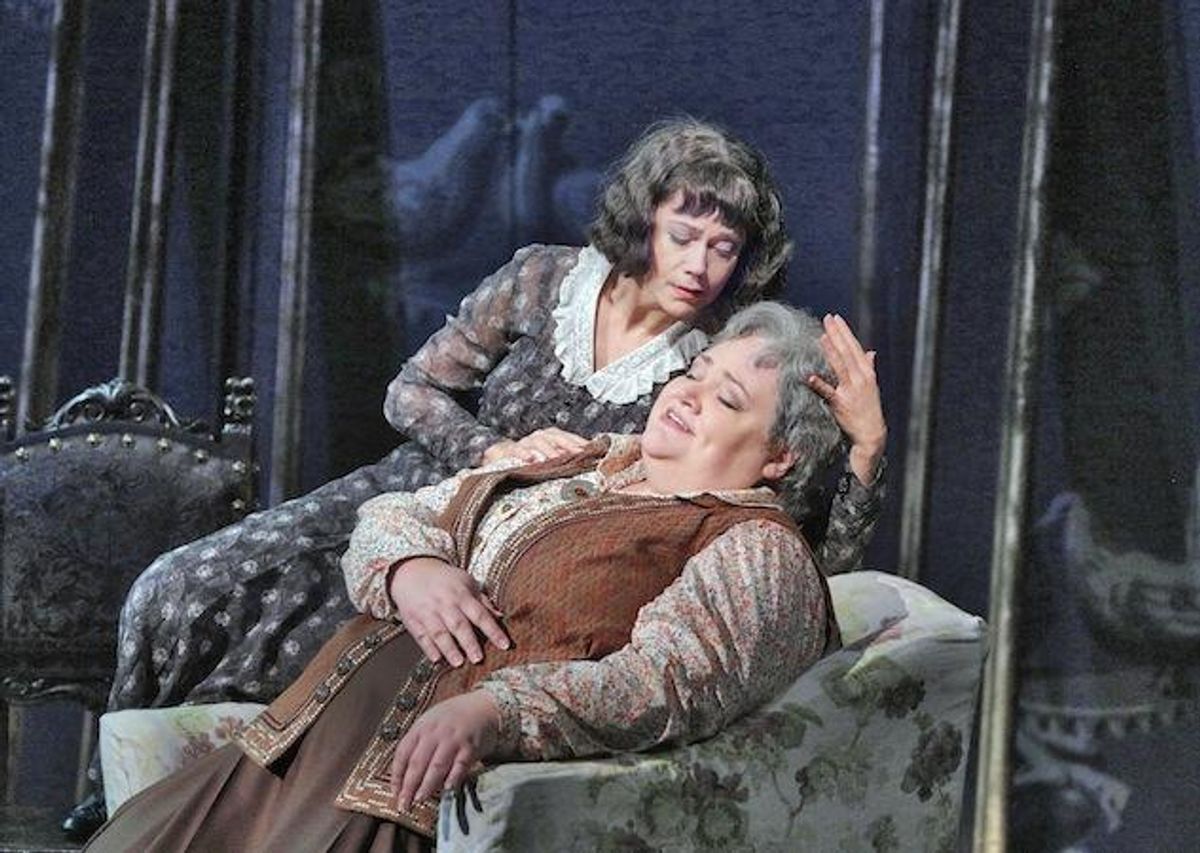



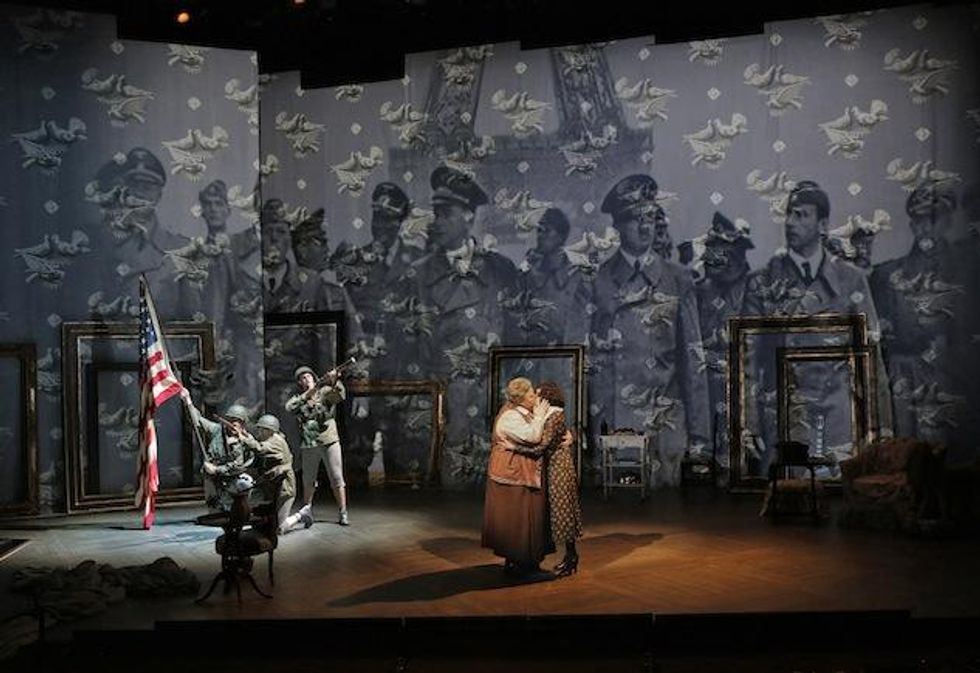

















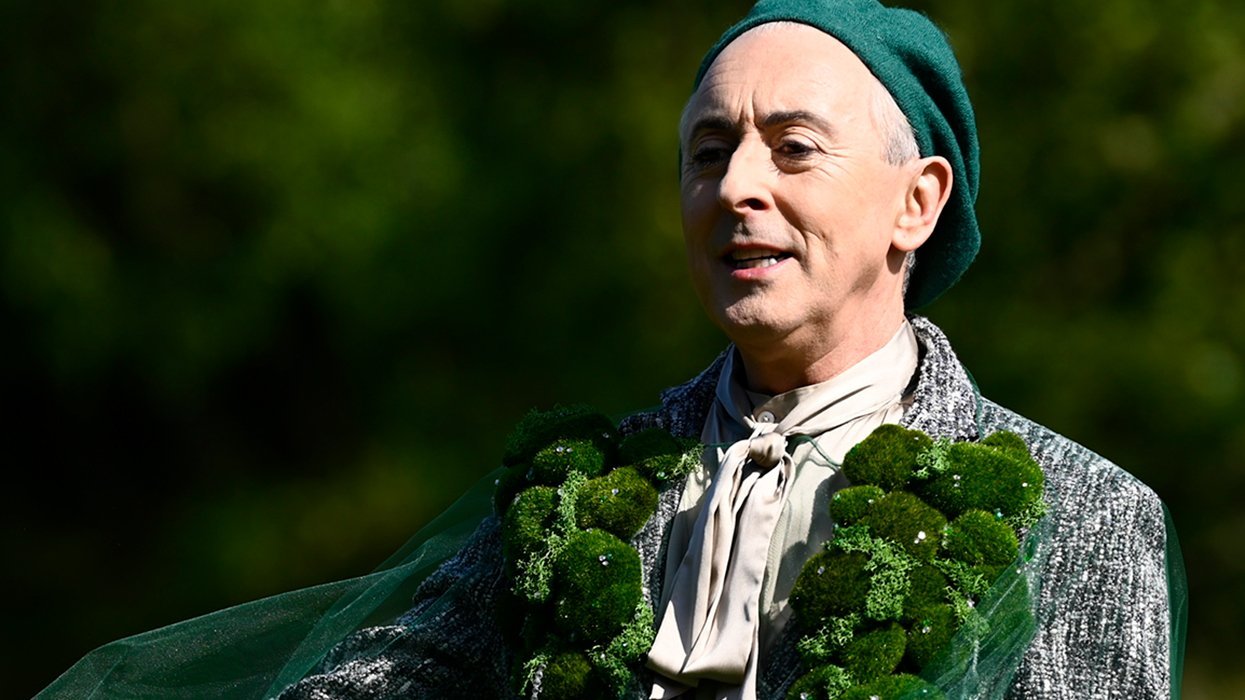





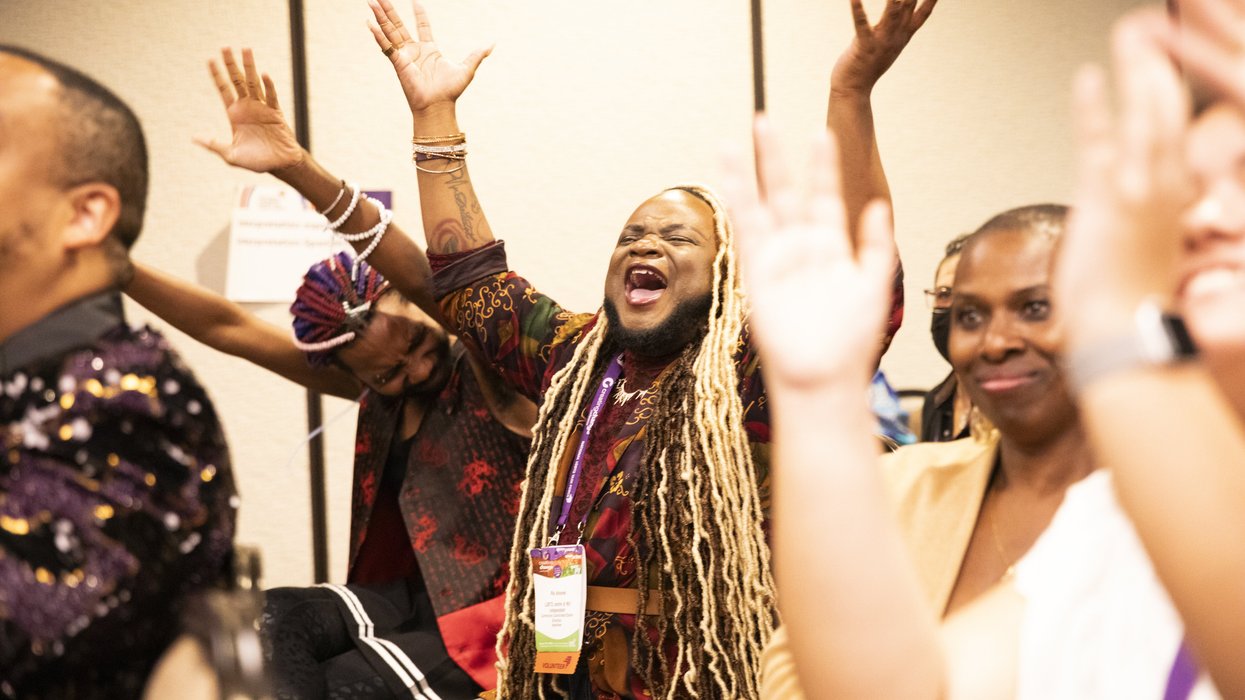


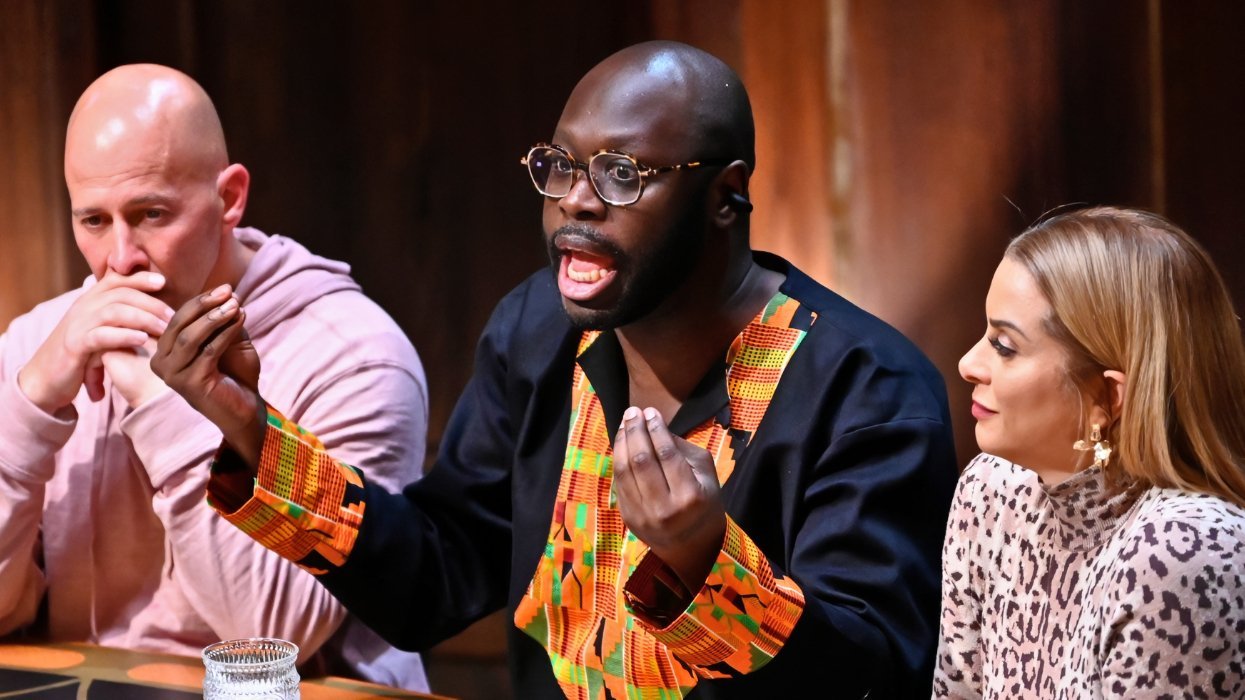



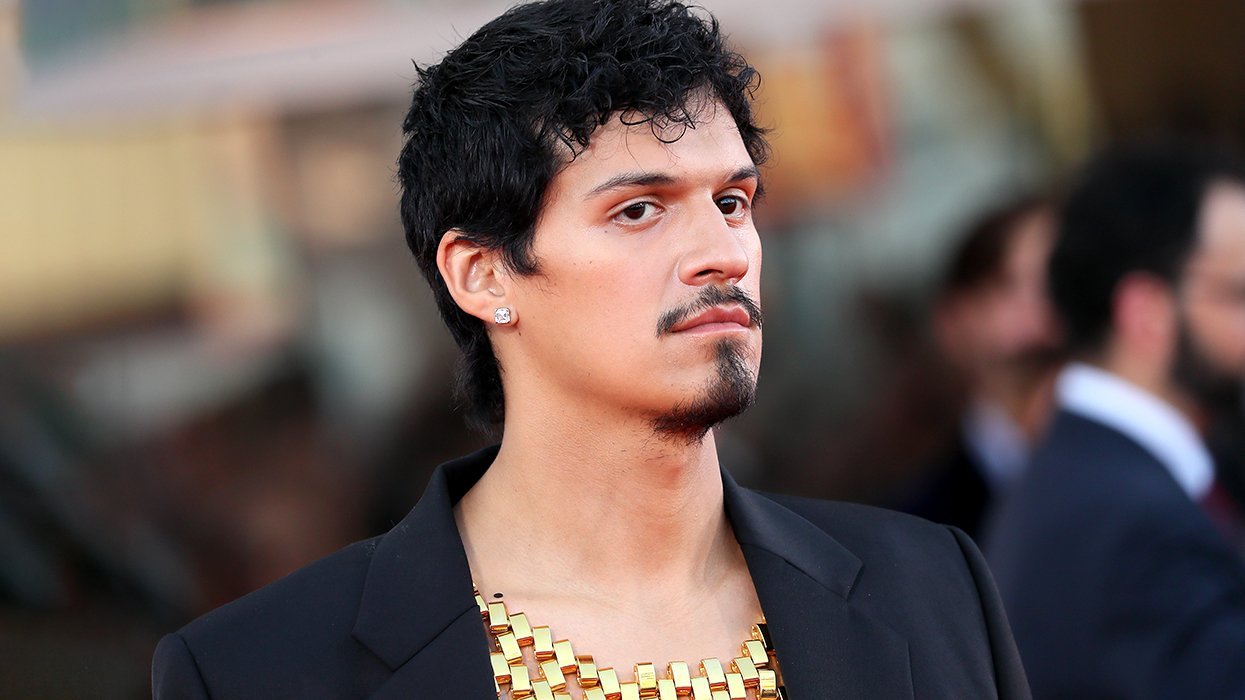

















































Beware of the Straightors: 'The Traitors' bros vs. the women and gays